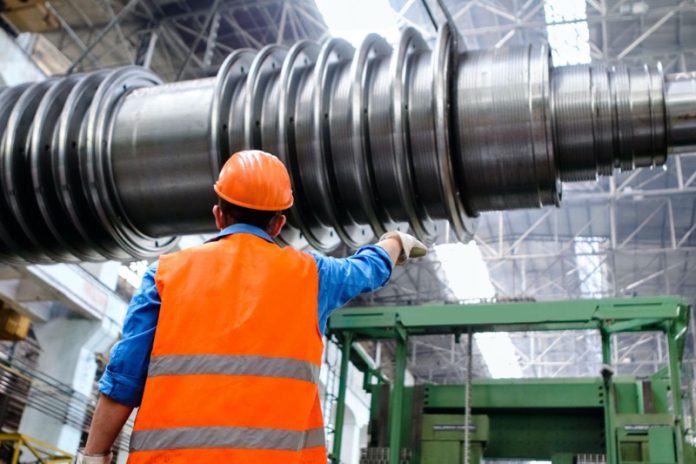Routine electrical inspection and maintenance are unlikely to be held if there are no obvious electrical problems. Production facilities will continue to operate as they do without even realizing there are issues with the electrical systems. And only after an unexpected failure will the managers realize it is time to call an electrical contractor to inspect the commercial electrical systems. While a scenario like this is the least desired one, it is also the most common one. In this blog, we will discuss why industrial electrical maintenance should be the top priority for any industrial facility.
Here Is Why Industrial Electrical Maintenance Is Important
1. Longer shelf life of electrical equipment
As electrical systems are the backbone of any industry, making sure they are regularly serviced for proper functioning is essential. And the secret to keeping industrial machinery in good working condition for longer is simple – equipment will last longer if your electrical system is maintained and inspected regularly.
Apart from machinery, devices like current transducers have to be inspected too. The role of current transducers is to convert electrical current to an industrial standard electrical signal, which is necessary for machinery use. Current transducers play a detrimental role in the safety of industrial electrical systems. They will switch to safety mode, stop the conversion process, and completely isolate the input and output when they are subjected to high voltage or current impacts, thus, maintaining the security of the entire industrial electrical system, including the machinery.
2. Minimizing potential electrical hazards
Timely electrical maintenance of industrial systems is critical to the overall safety of the facility and the staff. While hazards like exposed wiring are obvious and should prompt managers to take immediate action, hidden electrical problems like voltage imbalance are difficult to detect and require a thorough inspection. But how do you know that your industrial electrical system needs maintenance? The best way to find out is to schedule an inspection with a licensed electrician.
One of the most common electrical maintenance practices in industrial settings is the installation of duct banks. Duct banks are essentially a series of PVC pipes that act as protection tubes for electrical wiring and cables. Electrical cables and wiring are kept safe and secure in duct banks, reducing the possibility of damage and electrical risks. They are frequently utilized in high-voltage power distribution systems in commercial buildings, hospitals, universities, and other sizable projects.
3. Reduced energy costs
Out of all systems that run on electricity, heating and air conditioning systems account for a significant portion of energy consumption in most industrial facilities. According to Statistics Canada, electricity accounted for 29.7% of total energy consumption, with the primary metal and the paper manufacturing industry being the largest consumers. Provided that electrical systems function properly, companies can relatively predict their energy consumption. But if the electrical systems are not maintained and suffer hidden problems, energy costs can significantly rise, causing companies to lose money.
The safest and most reliable way to verify the integrity of industrial electrical systems is by scheduling regular inspections and maintenance with a licensed electrician. An electrician can identify any issues the industrial facility may be experiencing with energy use and set it up with energy-efficient choices to help save money. An electrician will also be able to identify any potential electrical flaws or hazards that could lead to equipment failure or injury of workers if left uninspected.
4. Saved expenses on future repairs
Conducting regular electrical maintenance is always more cost-effective than trying to fix something that’s already broken. Electrical repairs themselves are expensive, especially within an industrial setting where it’s not only the electrical systems but the costly machinery and equipment that are being put at risk. To prevent costly repairs and total equipment loss, it is important to schedule regular electrical inspections and maintenance.
One of the best ways to spot electrical issues and prevent costly repairs is by conducting routine electrical assessments and audits. These assessments are conducted by licensed electricians and are done to identify issues with the current electrical supply. They help detect critical issues in internal wiring, identify sources of current bleed as well as find potentially hazardous zones within the electrical grid. So if you notice your company is spending more money on electricity than usual with the same volume of electricity usage, you need to consider hiring an electrician to conduct an audit of your facility’s electrical system.
Electrical upkeep is complex and dangerous, but it is also essential for any facility that has expensive machinery and equipment at its disposal. Electrical maintenance may safeguard your equipment, prevent potential issues, lower energy costs, and increase other people’s safety. We hope this blog will serve you as a guide to keeping your industrial facility’s electrical systems safe and never neglecting to conduct routine inspections and maintenance.















